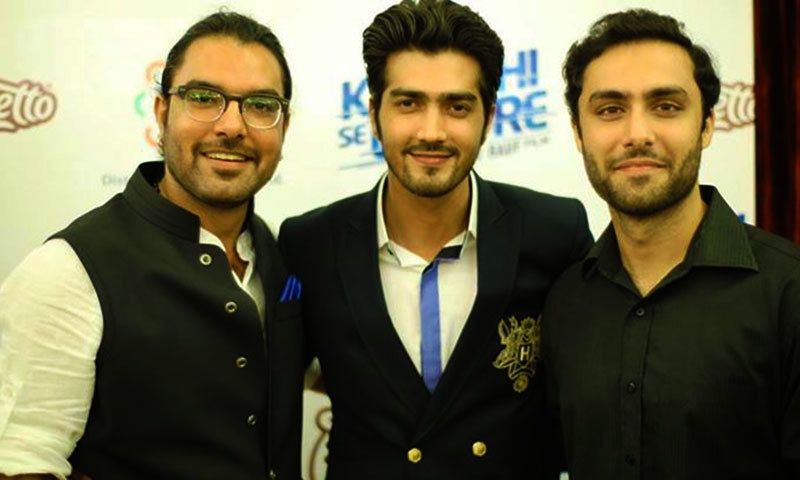KARACHI: A sessions court was informed on Saturday that reinvestigation was being conducted in the Baldia garment factory fire case.
The industrial unit owner, Abdul Aziz Bhaila, and his two sons Arshad Bhaila and Shahid Bhaila, general manager Mansoor and three gatekeepers Fazal Ahmed, Arshad Mehmud and Ali Mohammad were arrested for the killing of over 250 workers in the factory blaze in September 2012.
During a previous hearing, the court had asked the prosecutor to inform it whether a reinvestigation was ordered after the defence counsel pointed it out during the proceedings.
Read: New Baldia factory fire probe team takes spy agencies on board
When the case came up for hearing before additional district and sessions judge (west) Naushaba Kazi on Saturday, SP Sajid Sadozai turned up and informed the judge that the reinvestigation was ordered last month and he was appointed the new investigating officer of the case.
Replying to a query, the newly-appointed IO said that he could not give any timeframe for the completion of the reinvestigation. He moved an application, seeking computers and laptops containing data about factory employees.
The court adjourned the hearing till May 16 and asked the IO to submit a progress report about the reinvestigation at the next hearing.
Also read: Rangers’ report blames MQM for Baldia factory fire
The judge allowed an application of the factory owners for condonation of their absence but asked them to ensure their presence in the court on the next hearing. The court also asked the provincial law secretary to inform it about the status of special public prosecutor in the case after a public prosecutor said that the resignation special public prosecutor Shazia Hanjra had not been accepted so far. Ms Hanjra had resigned in February for what she claimed non-cooperation of the then IO.
During a previous hearing, the mother of absconding accused Shahrukh, who had been declared proclaimed offender by a court, also moved an application submitting that her son had been arrested but not produced in court. The first investigating officer, however, submitted that he was not in custody and had gone into hiding.
Meanwhile, the counsel for the factory’s general manager Mansoor, who along with the other accused was on bail, contented that his client was picked up and detained by the Rangers.
According to the prosecution, a devastating fire engulfed the multi-storey garment factory building in Baldia Town on the evening of Sept 11, 2012 that had left over 250 workers dead.
Moreover, a judicial magistrate had ordered that the then MD SITE Abdul Rasheed Solangi, labour department director Zahid Gulzar Shaikh, additional controller civil defence Ghulam Akbar and chief inspector electrical Amjad Ali also be named in the case for their alleged negligence. Later, the accused challenged the order before the high court.
The IO had twice charge-sheeted the owners and others in interim and final charge-sheets under Sections 302 (premeditated murder), 322 (qatl-bis-sabab) and other sections of the Pakistan Penal Code and the court admitted both the investigation reports for hearing.
But in a supplementary charge-sheet filed earlier in 2013, the IO had shown the four officials innocent and also removed Section 302 of the PPC against the other suspects.
The fate of the supplementary charge-sheet still hangs in the balance since a special public prosecutor opposed the removal of premeditated murder offence and said that the IO filed it without her permission.
The case took a dramatic turn when a report prepared by a joint investigation team in 2013 was submitted in Sindh High Court on Feb 6, which revealed that Rizwan Qureshi, arrested in an illicit weapon case in June 2013, disclosed that the factory was set on fire after its owners failed to pay protection money. The JIT report marked him as a worker of Muttahida Qaumi Movement, which was vehemently denied by the party.
On Feb 10, the SHC had ruled that the veracity and relevance of the JIT report was to be determined by the competent forum before which the same may be placed for such purpose and told the trial court to decide the Baldia Town factory inferno case within a year.
Published in Dawn, April 26th, 2015
On a mobile phone? Get the Dawn Mobile App: Apple Store | Google Play












